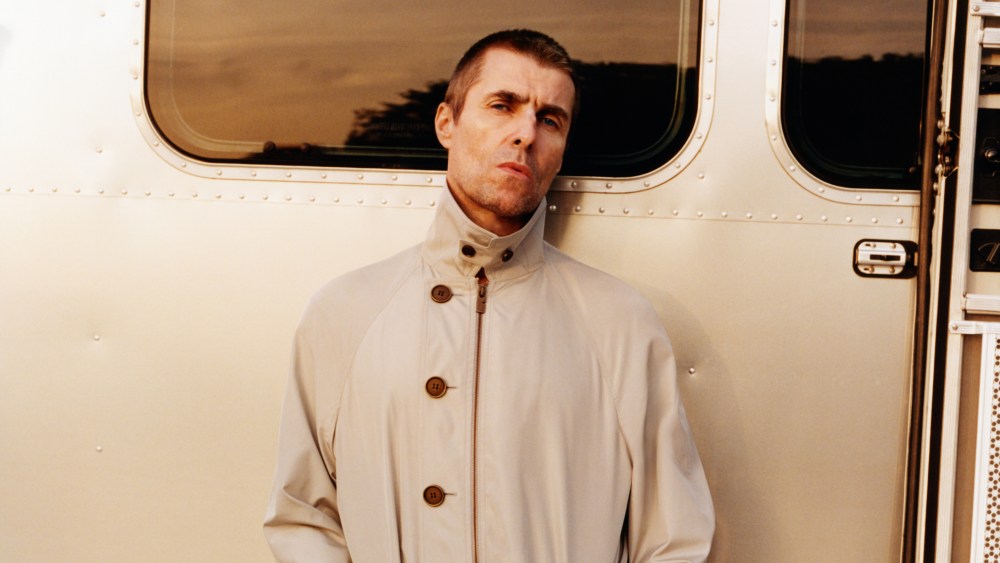LONDON — Napoleon famously referred to England as a “nation of shopkeepers,” but what he didn’t mention was how stubborn and persistent those shopkeepers were, and continue to be, in the face of government opposition.
Following Walpole, the British Fashion Council, Savile Row tailors, and myriad brands, the Association of International Retail, or AIR, has become the latest retail body to persist in pressuring the government for the reinstatement of tax-free shopping, which was canceled in 2021 after Britain quit the European Union.
Specifically, AIR wants the tax-free shopping program to be part of the new visitor economy growth plan, which is being drawn up by the government’s department for Culture, Media and Sport. The plan is set to launch in the fall.
AIR argues that reinstating tax-free shopping would bring 3.7 billion pounds to the economy annually and make Britain “the global shopping capital.”
This week, it submitted a paper to the government asking for the creation of a “world-beating new VAT-free shopping scheme” that would favor all international visitors. It also argued that Britain could be the only large European country offering VAT-free shopping to the 450 million EU residents, now that the U.K. is no longer part of the EU.
Shopping by visitors from the EU alone, it said, would create at least 73,000 new jobs.

Shoppers on New Bond Street in London.
Manuel Valcarce/WWD
Value added tax on goods currently stands at 20 percent, and Britain’s “tourist tax,” as it’s now known, has been driving high-end shoppers out of the U.K. onto the Continent to make their purchases.
Tourists might swing through London to see Buckingham Palace, have tea at Fortnum & Mason, and go to the theater, but they’ll happily hop on a train or a plane to purchase designer goods in Paris or Milan rather than at Harrods, Selfridges, or John Lewis.
The document also forecasts that every part of the U.K. would benefit because EU visitors spend half their money outside London.

Ralph Lauren’s London flagship on Bond Street.
Manuel Valcarce/WWD
Until 2019, the tax-free program generated billions of pounds in sales each year, mainly from high-spending tourists from China, Russia, the Middle East and the U.S.
AIR argues that if the tax-free shopping plan were reinstated, tourists would not only shop more, they would also spend additional money in hotels, restaurants, and on travel, culture and entertainment, all of which would generate additional VAT for the U.K. treasury.
The previous Conservative government canceled VAT-free shopping because it believed it would lose too much in tax revenues by extending the scheme to EU visitors. That government, and the current Labour one, also didn’t like the optics of giving tax breaks to rich foreigners during a cost-of-living crisis.
But the strategy has backfired, and only made the shopkeepers poorer, and angrier.
Rocco Forte, chairman of Rocco Forte Hotels and a longtime campaigner to restore tax-free shopping, said it’s clear that retail and other trades “have suffered hugely thanks to the end of tax-free shopping under the last government. We see it with customers at our hotels who used to come laden with parcels. Now they spend less time with us and go on to shop in Paris or Milan.”
He added: “This is a huge own goal which could be quickly rectified and boost the economy and the jobs market. Restoring tax-free shopping also represents a significant Brexit opportunity as the U.K. would be able to offer savings to a new market of 450 million EU consumers, thanks to our place outside the EU. The U.K. needs to pull every lever to promote economic growth and this should be top of the list.”

Dior on Sloane Street in London.
Kris Piotrowski
Michael Wainwright, chairman of the jeweler Boodles, noted that every one of the U.K.’s EU rivals offers tax-free shopping for international visitors, and argued that Britain is losing out.
“We would encourage the government to look at this urgently, as all the independent analysis shows that a new tax-free shopping scheme would more than pay for itself thanks to the extra spending that would be stimulated across the economy, not just in retailers but in hotels, restaurants, tourist attractions, taxis and so on. It would also mean that the U.K. would become the only place in Europe where EU shoppers could shop tax-free — a huge opportunity for our economy,” he said.
On Friday, following the first-quarter results announcement, Burberry CEO Josh Schulman also appealed for the restoration of the scheme.

The Burberry flagship on Bond Street in London.
Noorunisa/WWD
“Unfortunately, we still continue to have the issue with international consumers who are not shopping in the U.K. to the extent that we would like, due to the lack of a VAT refund scheme in our home market. This is a shame, and frankly, we would want to see policies from our government that would encourage tourism here, because all luxury brands and all retail brands would benefit from that,” he said.
Schulman added: “It could be a real lever for growth in the U.K., and a wonderful opportunity for our customers to be able to come to our flagship stores in London and buy one of our trenchcoats that is made right here in England. And frankly, it would be a great opportunity for our customers, for our stores, and a great opportunity for the U.K. to become the number-one shopping destination in Europe.”
In her exit interview with WWD last year, Caroline Rush said that even after stepping down as CEO of the British Fashion Council she would continue to advocate for tax-free shopping.
“We’ve got the evidence, we know the benefits it would bring to the U.K., to businesses and to the treasury,” she told WWD in an exclusive interview. “It’s not about costing the country money, but about supporting the industry, creating opportunities and delivering revenues. I will continue to champion that,” Rush said.
